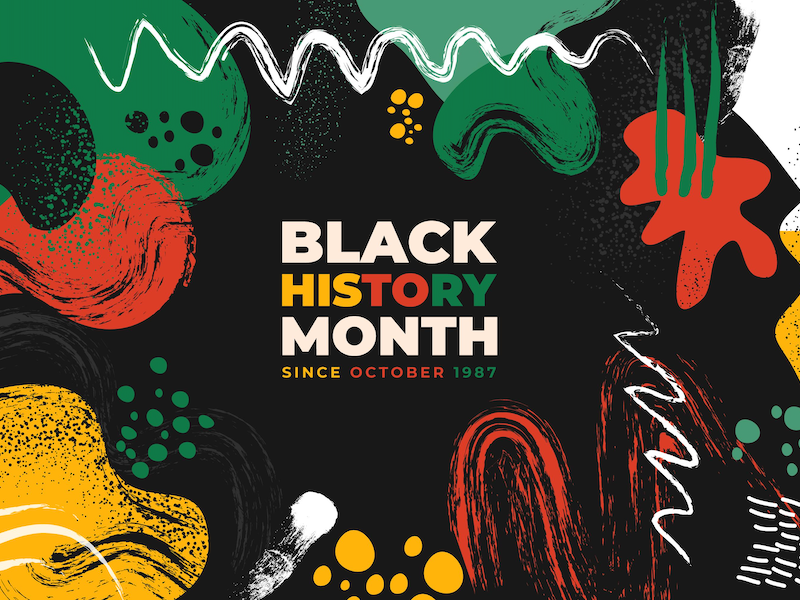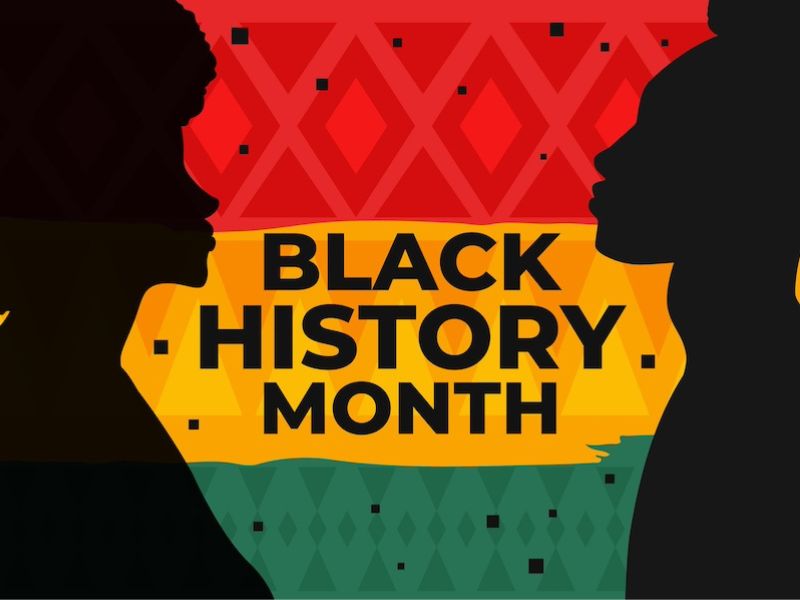
Article provided by Caitlyn Rhodes, Talent Acquisition Business Partner & DEI Programme Manager at Bullhorn
It’s well established that diversity is good for business, but too many companies treat it as a checkbox exercise.
A recent McKinsey report found that financial services businesses earned an estimated one percent more than competitors for every 10 percent more racially or ethnically diverse their senior teams were. Another McKinsey study examined over 1,000 companies across 12 countries, and found that firms in the top quartile for gender diversity are 21 percent more likely to enjoy above-average profitability than companies in the bottom quartile.
Diversity efforts require more than simply hiring people from different backgrounds. Instead, businesses must identify the countless obstacles that minority groups face and offer them support in overcoming them. In other words, they need allies. An ally is a person who isn’t a member of an underrepresented group but nonetheless makes a concerted effort to support them. Allies in the workplace are fundamental to creating an environment that genuinely embraces diversity and inclusivity. Here are some ways that you can practice allyship in their everyday work.
Tap into under-utilised networks
When it comes to championing underrepresented groups, be intentional in identifying minority talent by tapping into under-utilised networks and marginalised communities. This means being proactive in reaching out to these groups and being vocal in your support for them. Talk about the expertise you see in others, especially during performance discussions and important meetings, and actively recommend those people for stretch assignments and learning opportunities.
Don’t be discouraged if your efforts don’t bear fruit immediately. Once you’ve introduced yourself and established your intentions, members of the community will be able to point potential candidates your way if they come along in the future.
Conduct “informational interviews”
A lack of diversity can be a self-perpetuating problem. Entering an overwhelmingly male office as a woman, for instance, can be discouraging and make a person feel unwelcome. It’s important to create a comfortable way for members of underrepresented groups to express their fears, frustrations, and needs.
You don’t need to be a manager to be supportive, and in many cases, people find it easier talking to a peer. Open your calendar and give co-workers your time, starting with quick conversations over coffee when someone joins the company. Over time, you can conduct “informational interviews” where you both share your motivations and expertise. Make an effort to listen and offer advice or guidance if requested, acting as an informal mentor. If you don’t feel that you’re in the right position to support someone, you can connect them with someone in your network instead.
Sharing the “secret recipe.”
Every industry has its secrets and tips, but too often they’re heavily guarded. What may be obvious to you may not be obvious to someone else, and others may not have been introduced to certain concepts or had the opportunity to study them.
Sometimes, the ‘secret’ isn’t a skill but a group or network. Be an advocate for underrepresented groups by sharing your knowledge and influence to invite co-workers from these groups into ‘exclusive circles’. If you are in a position to do so, offer to introduce colleagues from underrepresented groups to influential people in your network.
Being an ally is mutually beneficial
Being an ally shouldn’t feel onerous, although it may sometimes feel uncomfortable to stand up to old-fashioned thinking. Many forms of allyship are incredibly straightforward: invite members of underrepresented groups within your company to speak at staff meetings, write for company-wide newsletters, or take on other highly visible roles. By providing them with a platform, you create an opportunity to learn from them and gain essential insights that will be hugely beneficial for the business.
However, it’s important to note that it isn’t the job of marginalised groups to educate you about their situation. Do your own research to seek out relevant information, bearing in mind that the experiences of a group aren’t necessarily shared by every individual, and make an effort to listen and take on board the observations that your underrepresented co-workers choose to share.
Creating a better business together
As an ally in the workplace, you can enact change and benefit, both personally and professionally, by learning and gaining new insights. Diversity in business is more important than ever, and it’s up to everyone to do their part to ensure everyone is being listened to.
 About the author
About the author
Caitlyn Rhodes is Talent Acquisition Business Partner & DEI Programme Manager at Bullhorn.
WeAreTheCity covers the latest female centric news stories from around the world, focusing on women in business, careers and current affairs. You can find all the latest gender news here.
Don’t forget, you can also follow us via our social media channels for the latest up-to-date gender news. Click to follow us on Twitter, Facebook, Instagram, and YouTube.








